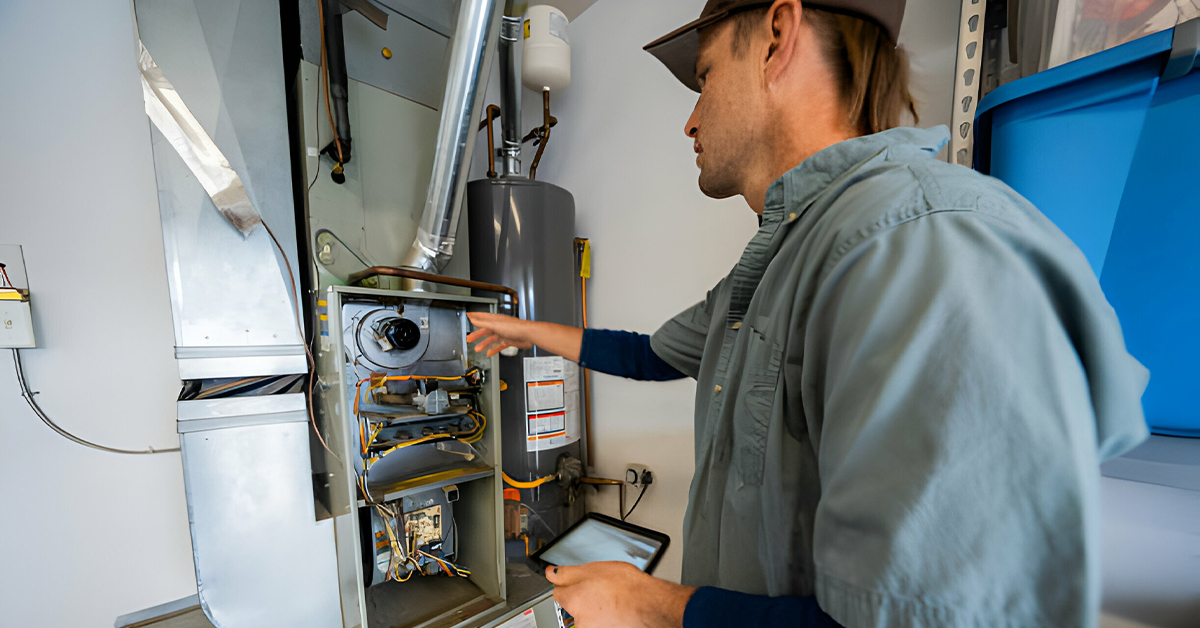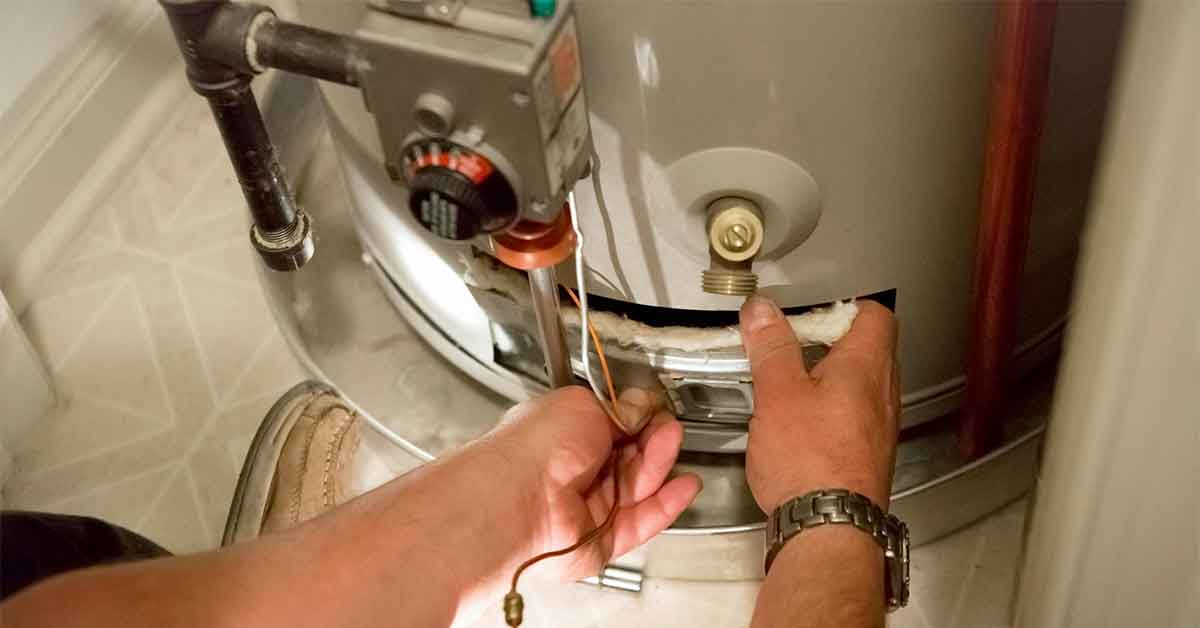Blog


Maintaining Your Home’s Heart: Essential Tips for Heating System Care
Introduction:
Beneath the coziness of our living rooms, behind the walls, and under the floors, lies a silent guardian: our home’s heating system. Often taken for granted, this system diligently works to fend off winter’s chill and keep us enveloped in warmth. Just as we maintain our own health, the “heart” of our home needs routine check-ups and care to function at its peak. Let’s explore the vital steps to ensure its longevity and efficiency.
The Importance of Heating System Maintenance
Every homeowner knows the unparalleled comfort a well-functioning heating system brings, especially during the bitter cold months. It’s an intricate arrangement of components, working tirelessly behind the scenes, orchestrating a symphony of warmth that transforms our homes into cozy havens. But like all machinery, it requires consistent care to function efficiently. Regular maintenance not only ensures that the system runs optimally but also extends its lifespan, saving homeowners potential repair or replacement costs.
Understanding Your Heating System: A Deep Dive
Before diving into maintenance, it’s paramount to understand the heating system that’s at the heart of your home. Whether it’s a boiler, a furnace, or a heat pump, each comes with its specific set of care instructions and maintenance routines. Some might be simple enough for homeowners to tackle, while others might necessitate a professional’s expertise. Familiarizing oneself with the manufacturer’s manual, understanding the model specifications, or even scheduling a preliminary chat with an HVAC contractor can equip you with the foundational knowledge needed for proper care.
The Role of Filters in Heating Efficiency
For many homeowners, filters might seem like inconsequential components, but their role in maintaining heating efficiency is paramount. Found in forced-air systems, these filters trap pollutants, dust, and allergens. Over time, they become saturated and can restrict airflow, compelling the system to work harder. This not only compromises heating efficiency but can also strain the system. Hence, the importance of regularly checking, cleaning, or replacing these filters—ideally every 1-3 months—cannot be overstated. Doing so not only ensures cleaner indoor air but also optimizes the system’s performance.
Professional Inspections: An Ounce of Prevention
While regular self-checks and DIY maintenance are commendable, they are no substitute for a professional’s keen eye. An HVAC expert, with their comprehensive training, can identify potential issues that might elude an untrained observer. Annual professional inspections and tune-ups are akin to a thorough health check-up—they can diagnose budding problems, ensuring they’re addressed before morphing into major complications. From cleaning hard-to-reach components to recalibrating systems for optimal performance, these yearly check-ups are investments in the long-term health of your heating system.
Ensuring Heat Retention with Proper Insulation
An optimally functioning heating system can still falter if the home itself is a sieve, leaking precious warmth to the outside world. Hence, the role of proper insulation and sealing is pivotal. Areas like attics, walls, and basements should be well-insulated to retain generated heat. Furthermore, homeowners should be vigilant about potential drafts around windows, doors, and even ductwork. Addressing these issues ensures consistent temperatures indoors, reducing the overall workload on the heating system and consequently, prolonging its lifespan.
Creating an Ideal Environment for Your Heating Unit
Whether indoor or outdoor, the immediate environment of your heating unit plays a significant role in its efficiency. Outdoor units, particularly those for heat pumps, should be free from debris, foliage, and other obstructions. This ensures unhindered airflow and reduces potential blockages or inefficiencies. Similarly, indoor units should have adequate space around them, free from clutter, to function optimally.
Vigilance: The First Line of Defense
The earlier a problem is detected, the easier—and often less expensive—it is to rectify. As such, homeowners should cultivate a keen sense of observation. Unusual sounds, unexpected spikes in energy bills, inconsistent heating, or the system frequently turning on and off are all potential harbingers of underlying issues. Recognizing and addressing these signs early can circumvent more significant, costly repairs in the future.
The Evolution of Thermostats
In today’s digital age, thermostats have evolved from mere temperature dials to sophisticated devices that can learn and adapt. While their primary function remains to regulate indoor temperatures, modern thermostats, especially smart ones, bring a suite of features designed to enhance heating efficiency. Regularly calibrating thermostats and considering upgrades to more advanced models can be pivotal in optimizing the overall performance of a heating system.
Prioritizing Safety in Heating Systems
While efficiency and longevity are crucial, they pale in importance compared to safety. Combustion-based systems, in particular, pose the risk of carbon monoxide—a colorless, odorless gas that can be lethal in high concentrations. Ensuring clear exhaust paths and investing in carbon monoxide detectors are non-negotiable measures every homeowner should adopt.
Conclusion:
In the vast landscape of homeownership, maintaining the heating system stands as both a responsibility and an investment. A proactive approach, which marries regular self-checks with professional inspections, can ensure that the “heart” of a home continues to beat strongly and efficiently, year after year. Embracing this comprehensive approach not only promises a warm home but also peace of mind.




